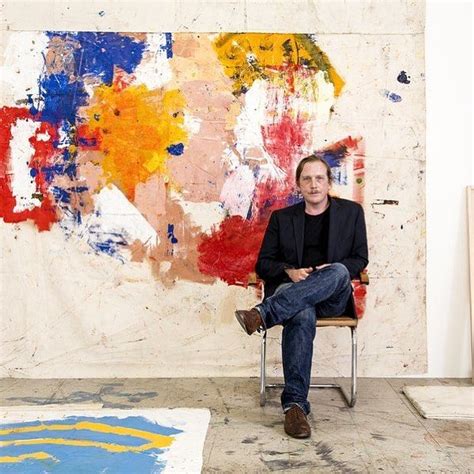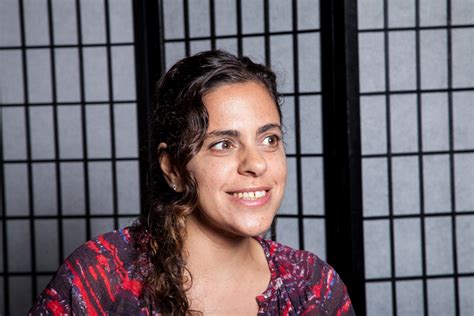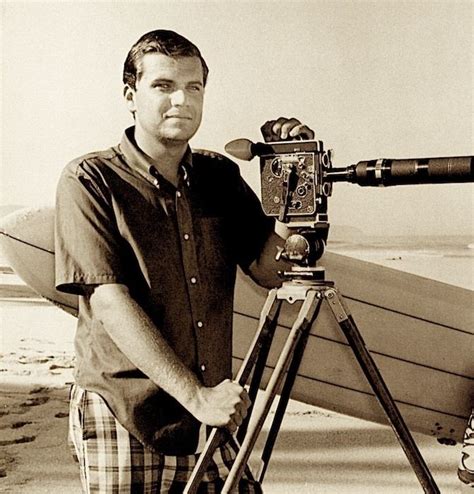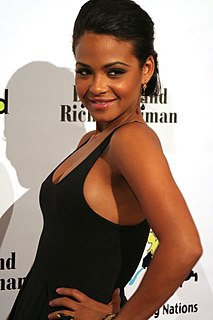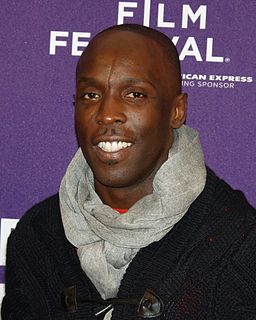A Quote by Russell Simmons
They're lacking culture in Hollywood. That gives me a big up, right? I know something about pop culture.
Related Quotes
I’ve always thought that if comics are a part of pop culture [then] they should reflect pop culture, but a lot of the time comics, superhero comics especially, just feed on themselves. For me, comics should take from every bit of pop culture that they can; they’ve got the same DNA as music and film and TV and fashion and all of these things.
I'm a staunch believer in the effect of pop culture - including advertising and the internet - on the young. Pop culture in its narrowest sense - mass-produced film, TV, and music - either truly reflects what's up in youth culture, or it reflects what youth-filled focus groups have told marketing companies that they want to consume.
Many teachers of the Sixties generation said "We will steal your children", and they did. A significant part of America has converted to the ideas of the 1960s - hedonism, self-indulgence and consumerism. For half of all Americans today, the Woodstock culture of the Sixties is the culture they grew up with - their traditional culture. For them, Judeo-Christian culture is outside the mainstream now. The counter-culture has become the dominant culture, and the former culture a dissident culture - something that is far out, and 'extreme'.
Don't lie to anyone, but particularly don't lie to millennials. They just know. They can smell it. Be yourself: if you're old, be old. If you don't know anything about pop culture, don't pretend to know anything about pop culture. When you credit teenagers with intelligence and emotional sophistication, they respond intelligently and with emotional sophistication.
'We Are Pop Culture' is my clothing line for women that started with just T-shirts. The clothing line is urban street wear. It's for women that feel confident in their own skin and want to express themselves. The whole idea is to play with modern pop culture and previous pop culture using art and sayings.
My childhood was pretty colorful; I like to use the word turbulent. But it was a great time to grow up, the '70s and '80s in Brooklyn, East Flatbush. It was culturally diverse: You had Italian culture, American culture, the Caribbean West Indian culture, the Hasidic Jewish culture. Everything was kind of like right there in your face. A lot of violence, you know, especially toward the '80s the neighborhood got really violent, but it made me who I am, it made me strong.


